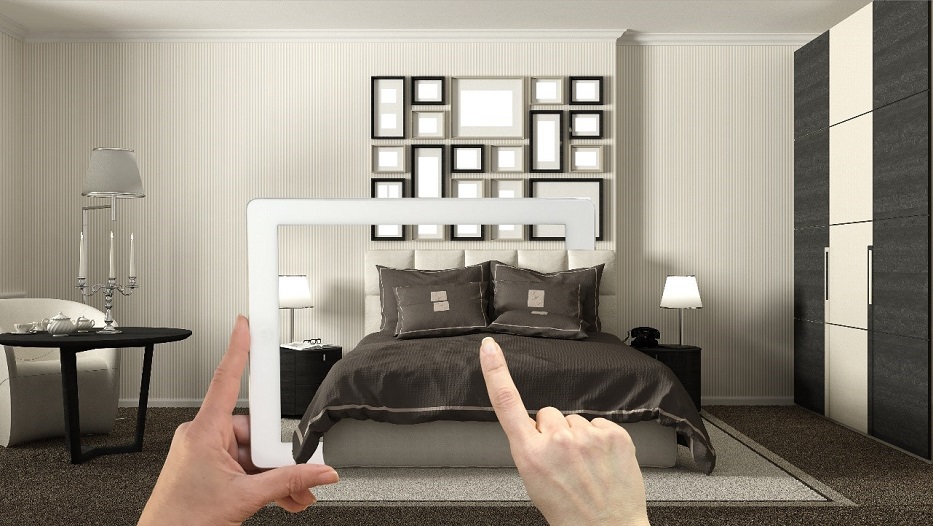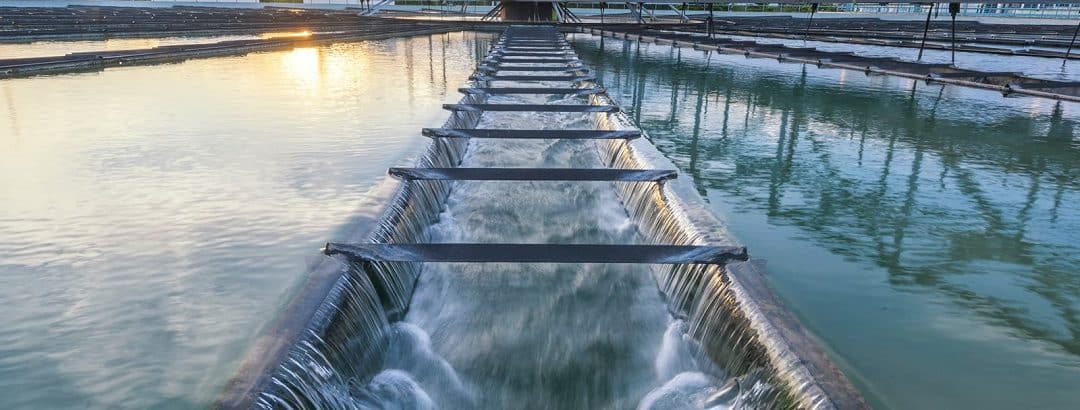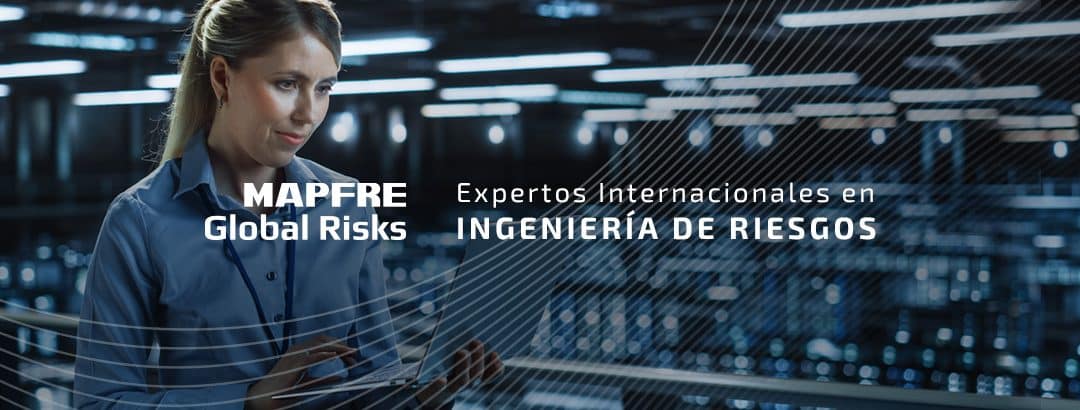admin | 19/11/2021
Tourism has been one of the most hard-hit sectors as a result of the crisis caused by COVID-19.The harsh restrictions on mobility and social distancing have led to the slow recovery of a “new normal” in hotels around the world, where technology has become an essential ally.Álvaro Carrillo de Albornoz, General Manager of the Instituto Tecnológico Hotelero (ITH [Institute of Hotel Technology]), gives us an insight into the advances experienced by this industry recently.
The pandemic, as in many other areas, has served to accelerate technological trends in the hotel sector. Its various applications have helped to minimize customer interactions at a critical time when avoiding contact between people became essential, further enabling improved service. During the last year, the way things are done has been influenced in favor of security and tools such as online check-in, contactless payment methods, and the use of tokens have become powerful.
The situation created by the health crisis and the existence of certain technologies capable of providing solutions to new needs has prompted numerous changes in people’s habits. “The circumstances that have unfolded have led to the digitization of tourists in a matter of months, which would normally have taken much longer,” says Álvaro Carrillo de Albornoz, General Manager of ITH, who by way of example mentions the standardization of the use of QR codes for food menus, a resource that had been trying to take hold for years.
Many of these new customs will remain into the future, although it is still too early to determine which ones they will be. This is the case of the generalized use of credit cards and other digital forms of payment. Álvaro Carrillo de Albornoz points out, “Although the use of cash is no longer so controversial in terms of hygiene, we have become accustomed to the convenience of paying with a card or mobile phone.” But to get to this point, it was necessary to “use a lot of back-office technology that allows establishments, hotels, and restaurants to collect payments using credit cards and, above all, the mobile phone,” he adds.
Great potential
Digitization and the application of new technologies is a continuous process that still has a long way to go. The General Manager of ITH focuses on the automation of processes to eliminate the most tedious tasks and enable personnel to focus on customer service, which is what really adds value.
Another great advantage of technology applied to the hotel sector is the digital footprint that it offers. Carrillo de Albornoz explains to us how good bellhops or receptionists used to remember or write down the tastes and preferences of a given customer. But if all this is done through the digital world, everything is recorded. “Thanks to the digitization of many processes that have to do with the customer, we have the ability to get to know them much better because, apart from generating data—which is key—that data can be managed with algorithms and artificial intelligence,” he emphasizes.
All this information will allow hotel establishments to be more competitive, improving the customer experience through strong value propositions and avoiding intrusions. As the technology and innovation expert explains, “We are going to get to know customers much better and we will be able to anticipate what they think they might want to do. In addition, it enhances capabilities to increase lines of revenue through outselling and cross-selling.”
Primary challenges
Another noteworthy factor relevant to the application of new technologies is the preservation of the environment. Álvaro Carrillo of Albornoz states that “there is a lot of energy to reduce.” On average, in the studies conducted by ITH, “potential savings of between 15% and 20% can be expected (in hotels where the last big remuneration was made more than ten years ago).”
Technologies that have an impact on sustainability, like those that drive customer experience, are not free of challenges. For Carrillo de Albornoz, the first challenge would be to determine the point where the establishment is located, “it is crucial to seek advice and let yourself be guided to know where it is most efficient.” But it is not the only challenge because it is useless to install the most cutting-edge technologies if they do not know how to use them. The expert warns that internal customers, those professionals who will have to use that technology, cannot be left behind. “Don’t forget to provide training or capture the profiles needed to make the most of the tools. When we talk about digital transformation or sustainable transformation, the most complicated factor is precisely the word they share: transformation. That the people who are in the hotel currently understand very well what is being implemented, what they have to use it for, and how they should do it.”
Undoubtedly, training must also be an essential factor for the management and reduction of the possible risks derived from technological development. “Every time we implement something new, something different, we are opening new doors in the online world. We must be very careful with what we do, how we protect ourselves, and how we train ourselves,” the manager of ITH emphasizes. Because in most cases of cyberattacks, the weak link in the chain is the employee or the person who is using that tool or technology.
Making a mark
Technologies tend to be subtle in their use and there will be a time when we don’t even know how to differentiate whether a particular service involves technology or not. Can you imagine talking to the room you are staying in? Carrillo de Albornoz predicts that these walls will be able to understand us and respond to us through an automated database of responses. “Technology is going to be ethereal and intelligent enough for us to receive the service and not even have to ask ourselves whether there is a human mind behind it,” he reflects.
With the help of Álvaro Carrillo de Albornoz, we reviewed the main technologies in the making, and these are the ones at the forefront that we should keep an eye on:
Online check-in. Although there are still some steps in the process that, for legal reasons, must be verified by the hotel owner in the establishment, this technology is already in use. It allows the guest to speed up the tedious task of check-in. Likewise, the reception personnel will be released from these administrative tasks to provide better customer service.
Digital keys. This is a tool that is directly associated with our use of technology. We are all accustomed to carrying a phone with us and, just as we can save the plane’s boarding pass on it, we will also be able to save the key to our accommodation on the device itself.
Smart rooms with home automation. This can help make the customers’ stay more pleasant, but it must be subtle. Excessive sophistication will result in the customer not knowing how to use it, and instead of being perceived as an added value, it will become a negative experience.
Voice activation. As long as it is adapted to the needs of the customers, it may be another technology that makes the customers’ stays easier. Even if it is a widely used tool in homes, its reception may vary when we talk about using it in a hotel room. It will depend a lot on the type of customer and how they want to use the room.
Use of robots. While the application of humanoid robots will be particularly limited to themed hotels, the robotization and automation of processes will be increasingly more common. We can appreciate this in the use of kiosks, which are very common for check-in at airports or orders at fast food restaurants, for example. At a hotel’s reception desk, they could be in charge of scanning ID cards and collecting credit card information so that personnel can dedicate more time to advising the customer.
Energy control. Hotels need to have control, monitoring, and management systems for the parameters of the different rooms in the building, including the guests’ accommodation rooms. With correct implementation, poor uses of energy can be avoided, such as the widespread habit of leaving a key card in the room sensor to keep the room at a certain temperature. It will be much more effective to be able to program the air conditioning or heating half an hour before the expected return time.
Predictive analysis. The digitization of processes and data generation, coupled with artificial intelligence, will allow predictions to be made—how different markets and different channels work or even how a specific customer will behave in a certain situation. Here, there is great potential for development where large chains and technology companies are already working hard, and soon it will even be expanded to independent hotels.
 Article Collaborator:
Article Collaborator:
Álvaro Carrillo de Albornoz studied Aeronautical Engineering and has an Executive MBA from the IE Business School. Her career has always been linked to innovation and technology. Since 2008, he has run the ITH as a benchmark for improving the competitiveness of the Hotel sector. He combines this work with that of Director of the Technological Platform for Tourism, ThinkTur; Chairman of the eAPyme association; and Associate Professor in the strategy department at the IE Business School.
He also collaborates as an expert with the European Commission to define a European standard for managing R&D&i under the CEN/TC 389. He is a member of the Tourism Council, the Sustainability Commission, the Digital Agenda, and the R&D&i of the CEOE (Confederación Española de Organizaciones Empresariales [Spanish Confederation of Business Organizations]) and the working groups for AENOR (Asociación Española de Normalización y Certificación [Spanish Association for Standardization and Certification])/UNE (Organismo de Normalización de España [Spanish Association for Standardization]) CTN [Comité Técnico de Normalización (Technical Committee for Standardization]) 166 (Innovation management), CTN 178 (Smart cities), and CTN 182 (Hotels and tourist apartments).





